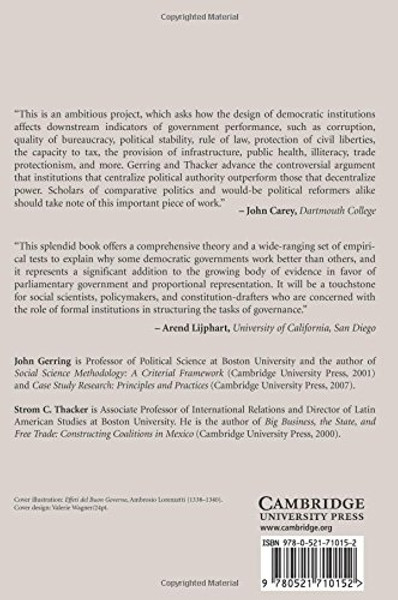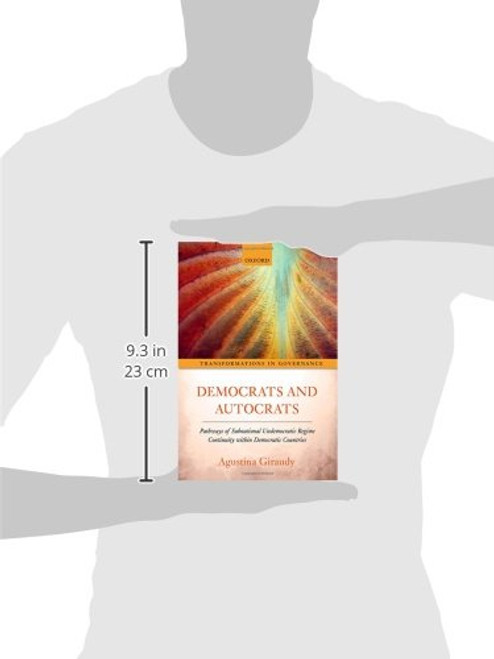Product Overview
This book sets forth a relatively novel theory of democratic governance, applicable to all political settings in which multi-party competition obtains. Against the prevailing decentralist theory (deriving from Madison and Montesquieu), we argue that good governance arises when political energies are focused toward the center. Two elements must be reconciled in order for this process of gathering together to occur. Institutions must be inclusive and they must be authoritative. We refer to this combination of attributes as centripetal. While the theory has many potential applications, in this book we are concerned primarily with national-level political institutions. Among these, we argue that three are of fundamental importance in securing a centripetal style of democratic governance: unitary (rather than federal) sovereignty, a parliamentary (rather than presidential) executive, and a closed-list PR electoral system (rather than a single-member district or preferential-vote system). We test the impact of these institutions across a wide range of governance outcomes.






![Republicanism: A Theory of Freedom and Government [Oxford Political Theory Series] Republicanism: A Theory of Freedom and Government [Oxford Political Theory Series]](https://cdn11.bigcommerce.com/s-g9mehhprbl/images/stencil/500x659/products/99231/643282/51BrcPoPcVL__84094__63647.1693750879.jpg?c=1)

